Part of the reason why I love Bristol is that you need travel no further than a mile or two from the city centre before you find yourself in acres of green space. And that’s exactly what I did recently, when I headed to Abbots Leigh to visit the operations hub of Leigh Court Farm, nestled on the outskirts of the Leigh Court Estate.
Co-owners Chris and Carol not only grow organic fruit and vegetables, which they sell to customers via their box scheme and through the fresh-range website, but also rear both hens and ducks for their eggs, and produce their own honey.
Leigh Court Farm have been providing fresh produce to Bristol residents since 1999, and now operate from three sites: their business hub and walled garden on the Leigh Court Estate, along with two fields in Portbury and Failand – giving them a range of microclimates and soil types in which to grow their crops.
The Abbots Leigh premises houses their office, packing shed and farm equipment, and is also where customers come to pick up their fruit and vegetable boxes. There’s also plenty of growing space – including the two acre Victorian walled garden, originally built at the start of the 19th century to serve the mansion house.
This space is used to grow a wide range of crops, including long cropping beans, pak choi, courgettes and more. Because of the shelter and the warmth that the walled garden provides, it’s possible to extend the standard growing season, and it’s where they grow the labour-intensive crops that need regular watering and attention. At the time of our visit, there was just the end of a parsley crop in place, with the start of the main growing season not yet having begun.
“At this time of year, we’re not cropping anything”, Carol told us, “We’re buying in produce, paying for fertiliser – all of the investment is at this time of year. Our system works most years, but it didn’t in 2012, which was the worst growing year in 100 years because of the rain. I can literally name the few sunny days – they’re when we managed to cram in the field work. We’re still paying off that year, but if we have a good year this year, it will cancel it out.”
The walls themselves were built in 1815, and as Carol pointed out, there are still old nails in place that were previously used for training plants to grow up them. Since they were built, they have always been used for growing in various guises – except for during World War I, when they fell into disuse when the men went off to fight. Now, these walls are used to grow fruits such as plums, sweet cherries, gooseberries, blackcurrants and more.
Outside of the walls are a five beehives, which produced 250 pounds of honey last year, and on which they want to expand. There are also six polytunnels on site, which are used to grow tomatoes, red mustard, rocket, salad ingredients and more. When we visited, two of these tunnels needed to be re-covered – and Carol and Chris were waiting for a suitably dry day in order to get the job done. This is another area where rain can affect the success of the farm: no dry days means no re-covering the tunnels, giving less space in which Leigh Court Farm’s crops can grow.
It’s April, May and June where Chris really feels the pressure: these are the months of tractor work, direct sowing and cultivation. Every year he hopes for a dry spring, as wet weather affects how much they can get in.
Walking through the managed woodland area that is used as a forest school, we reach the grassy section of the land that is home to a number of chickens and ducks, reared as egg-laying birds. While some farmers choose to kill hens when they reach an age at which their laying slows down, at Leigh Court Farm the older hens are simply moved to a separate area (almost like a retirement home for hens…) to live out their lives in peace.
The eggs laid by these hens are not organic, due to the cost of organic feed, but they are free range and appear to enjoy a good quality of life. While there are electric fences around each of the birds’ enclosures, they still have ample space in which to live, and the fences afford them with a good level of protection. “To me, part of free range is protecting animals from predators”, says Carol – and these fences are one of the tactics used to prevent the foxes from getting in.
To be doubly sure that the hens remain safe from harm, Leigh Court Farm is also home to three alpacas, who live on the same part of the farm. While they are playful animals (apparently it’s fun to watch them running round and round the polytunnels chasing each other), they aren’t big fans of foxes, and will trample them if they get the chance.
Eating grass and hay, they’re natural lawnmowers, reducing the amount of manual labour needed in this area – and the money gained from selling the wool from their annual shearing pays for their upkeep.
With the equivalent of just four full time employees – and additional seasonal workers during the growing season – there’s always plenty to be done. The increase in the number of local growing projects, however, has meant that they’re now attracting fewer volunteers than in the past, but they’re still continuing to try and attract more local customers.
Leigh Court Farm are now working with local online retailer fresh-range, who offer the farm’s crops for local delivery. Says Chris of Leigh Court Farm, “We normally don’t sell to wholesalers as the prices are so low – we usually only sell to them if we have surplus. We have a good relationship with fresh-range, though. We can supply what we have each week and get a good price for it – fresh-range only take a small percentage and the consumers benefit from a low price too. We set a weekly limit for each product, which controls demand, and we don’t sacrifice on margin.”
To find out more about Leigh Court Farm, visit their website. For more information about fresh-range, click here.
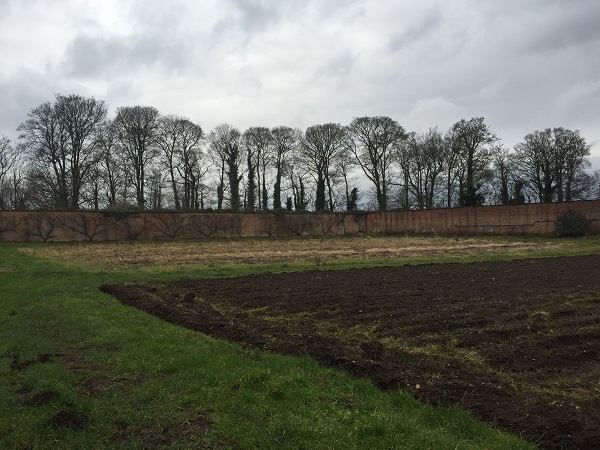
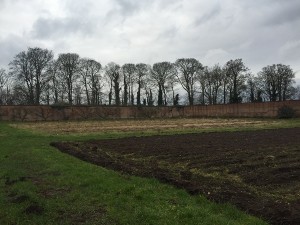
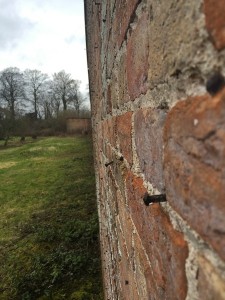
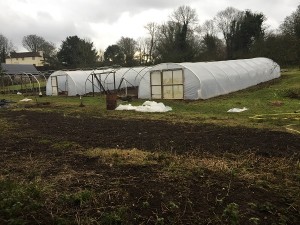
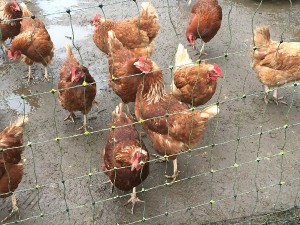
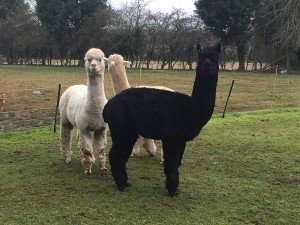
Hi i am a local falconer based in bristol, i am looking for permission to hunt pest species on lands using my harris hawk, ferrets and in summer during the birds moult. An air rifle. I can also chase off persistent foxes but wouldnt kill them, i can also take care of any problems with wild boar. I will work forfree or even pay a fee for the use of your land, if any of this is of interest to you please reply via this email
Thank you in advance
Rhys Hardwick